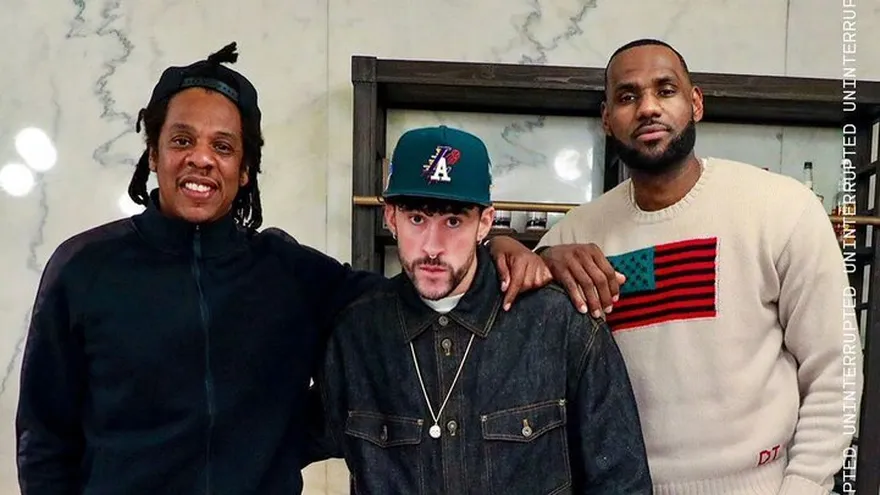The Swiss watchmaker Swatch has found itself in hot water following the release of an advertisement that has sparked outrage among Chinese consumers. The ad featured a model pulling at the corners of their eyes in a gesture interpreted by many as reminiscent of the racially derogatory "slanted eye" stereotype used historically to mock Asian people. The image quickly went viral on Chinese social media platforms, inciting calls for a boycott of Swatch products.
In response to the uproar, Swatch issued a statement expressing regret, saying they had "taken note of the recent concerns regarding the portrayal of a model." The company added, "We sincerely apologize for any distress or misunderstanding this may have caused," and announced the removal of all associated materials worldwide.
Despite this apology, sentiments among critics remained strong. Social media backlash continues as many assert that the company's remorse appears motivated solely by potential financial repercussions. One user expressed, "You can apologize, but I will not forgive." Another stated that a boycott is necessary to avoid being "spineless" in the face of perceived discrimination.
The financial stakes are particularly high for Swatch, which derives approximately 27% of its revenue from mainland China, Hong Kong, and Macau. In light of the current economic slowdown in China, the company has already experienced declining sales in the region.
This incident fits into a broader context of recent boycotts organized by Chinese consumers against brands perceived to insult Chinese culture or challenge national sentiments. High-profile instances include a 2021 boycott of fashion giants H&M, Nike, and Adidas due to comments on alleged human rights violations in Xinjiang, as well as backlash against brands like Uniqlo and Dolce & Gabbana for their perceived insensitivity.
As debates around cultural representation and racial sensitivity continue to evolve, the Swatch controversy underscores the delicate balance companies must maintain in their global marketing efforts.
In response to the uproar, Swatch issued a statement expressing regret, saying they had "taken note of the recent concerns regarding the portrayal of a model." The company added, "We sincerely apologize for any distress or misunderstanding this may have caused," and announced the removal of all associated materials worldwide.
Despite this apology, sentiments among critics remained strong. Social media backlash continues as many assert that the company's remorse appears motivated solely by potential financial repercussions. One user expressed, "You can apologize, but I will not forgive." Another stated that a boycott is necessary to avoid being "spineless" in the face of perceived discrimination.
The financial stakes are particularly high for Swatch, which derives approximately 27% of its revenue from mainland China, Hong Kong, and Macau. In light of the current economic slowdown in China, the company has already experienced declining sales in the region.
This incident fits into a broader context of recent boycotts organized by Chinese consumers against brands perceived to insult Chinese culture or challenge national sentiments. High-profile instances include a 2021 boycott of fashion giants H&M, Nike, and Adidas due to comments on alleged human rights violations in Xinjiang, as well as backlash against brands like Uniqlo and Dolce & Gabbana for their perceived insensitivity.
As debates around cultural representation and racial sensitivity continue to evolve, the Swatch controversy underscores the delicate balance companies must maintain in their global marketing efforts.





















